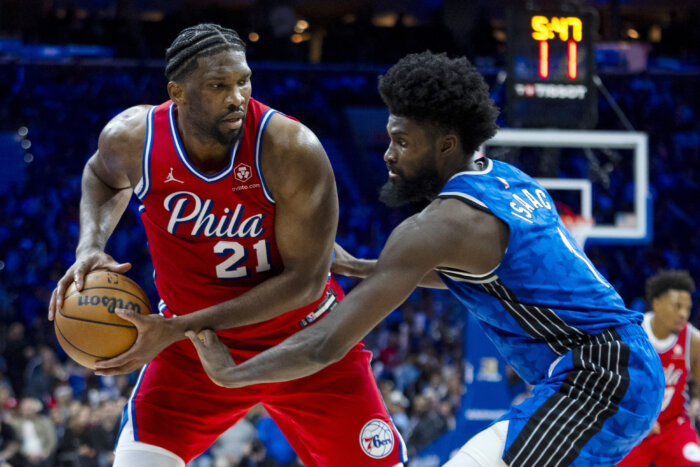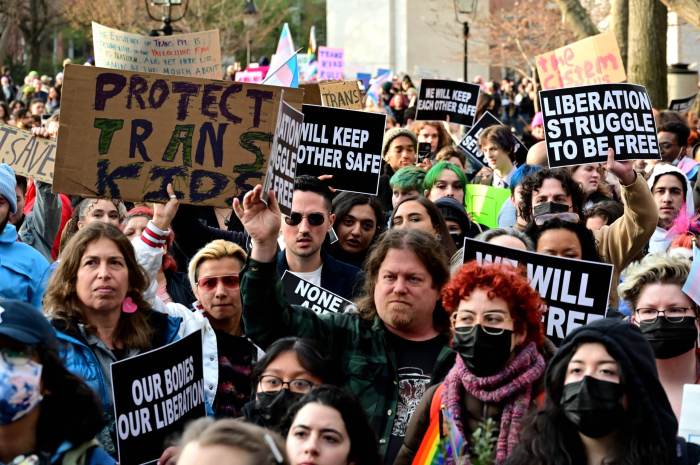Thanksgiving is the fourth Thursday in November every year, and for most Americans, it means two things: delicious food and reconnecting with family and friends. But Thanksgiving also has a complicated history and doesn’t resonate with people of all ethnic backgrounds.
Many school textbooks discuss a peaceful meeting between Native Americans and European settlers that eventually led to a celebratory feast shared by the two groups, which we now know as Thanksgiving.
Scholars agree that the two groups did come in contact, but whether or not it was peaceful is a point of controversy. Is Thanksgiving an annual celebration of cultural understanding, or an annual reminder of the brutality European settlers inflicted upon inhabitants of the New World?
Timothy Welbeck, a lawyer and professor in Temple University’s African-American Studies Department, has sentimental connections to Thanksgiving but is still aware of the holiday’s implications.
“Thanksgiving holds special significance for my family; my parents met on Thanksgiving in 1977, and my son was born on Thanksgiving 34 years later,” he said. “With that said, we are readily aware of the problematic nature of the holiday’s origins.”
As someone well-versed in the struggles African slaves faced at the hands of European colonists when they were forced to the Americas against their will, Welbeck is careful in explaining the true origins of Thanksgiving.
“Few moments in American history are mythologized like the Pilgrims’ interaction with the Wampanoags has been,” he said. “While children are taught in schools that the first Thanksgiving originated with a feast the Pilgrims sponsored to thank the Wampanoags for teaching them to survive the winter, history simply reveals that account inaccurate and woefully lacking in context.”
Welbeck said he addresses that disconnect by speaking openly about the darker side of the holiday’s history, while utilizing the positive aspects of the tradition.
“What actually transpired led to European colonization of the Wampanoags and their ancestral land. My wife and I teach my children that painful truth,” he said. “What we now endeavor to do with our gatherings with extended family is reflect on the reasons we have to give thanks, while also acknowledging the troubled history associated with the holiday. We consider that a means in which to preserve the redeemable aspects of Thanksgiving.”
Whether you have European, African or Native American roots, it’s important to celebrate diversity and cultural understanding on holidays like Thanksgiving. America is still the world’s most famous melting pot, and it’s ultimately our different customs and traditions that make our country the unique cultural experience it is. Whether you’re thankful to be spending time with family or for a warm meal and home in which to enjoy it, remember to also give thanks for the sacrifices your ancestors made for you to be here today.
Heritage of Thanksgiving
-The modern version of what we now consider Thanksgiving formally became a holiday on Nov. 26, 1941. After decades of unofficial celebrations and dates associated with Thanksgiving, President Franklin D. Roosevelt signed a bill into law that made the fourth Thursday every November Thanksgiving Day.
-While pumpkin pie is a well-known Thanksgiving dessert, sweet potato pie is a fixture in African-American Thanksgiving spreads due to sweet potatoes’ long history as an important food in the African-American community. Enslaved Americans ate roasted sweet potatoes before pies became popular.
-Soul food — culinary dishes in the African-American tradition — is a focal point of African-American Thanksgiving spreads. Dishes like mixed greens and gizzards reflect ingredients that were readily available in Africa and later to enslaved Americans. Recipes for these dishes passed from generation to generation to help maintain family bonds.




























